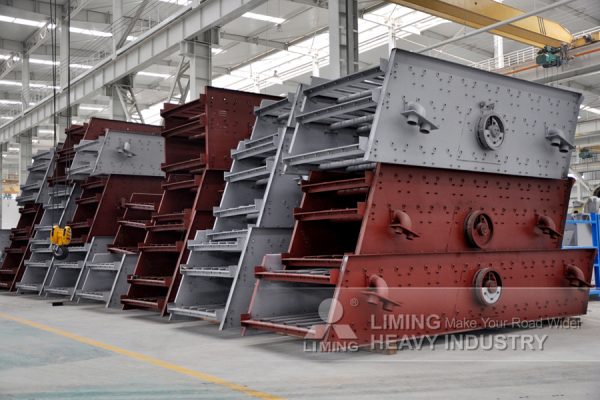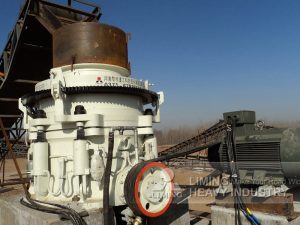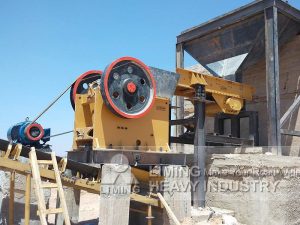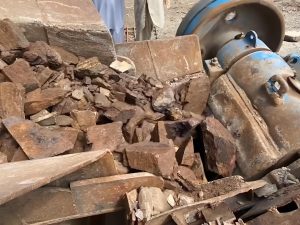In mineral processing, the vibrating screen's performance hinges on one critical component: the screen mesh. As the primary contact point with abrasive materials like copper ore, malachite, or granite, substandard screens can lead to frequent downtime, uneven particle sizing, and inflated operational costs. This guide outlines five non-negotiable criteria for selecting industrial-grade screens that maximize productivity.

1. Material Composition: The Foundation of Durability
Premium screens must use high-carbon, high-manganese steel wire with controlled impurities:
Optimal C/Mn ratios: Enhances tensile strength and wear resistance
Low Si/P/S content: Reduces brittleness and corrosion risks
Case hardening treatment: Extends lifespan in harsh conditions
2. Precision Weaving: Preventing Premature Failures
Tight-knitted patterns: Eliminates wire slippage under vibration
Double crimping technology: Secures cross-wire intersections
Uniform apertures: Ensures consistent sizing (e.g., 90% ≤8mm in Peru's copper project)
3. Mechanical Compatibility: Fit Matters
Custom edge wrapping: Must align with tensioning plates to prevent fraying
Frame-specific designs: Avoids uneven tension distribution
Modular sizing: Streamlines replacements for popular models (e.g., HPT crusher setups)
4. Geometric Integrity: Performance Guarantee
Laser-flattened surfaces: Eliminates material clogging
Parallel side edges: Maintains balanced force distribution
Pre-tensioning features: Minimizes "peaking" during operation
5. Smart Packaging: Protecting Your Investment
Corrugated anti-scratch layers: Prevents transit damage
UV-resistant coatings: Stores safely in humid climates (e.g., Peruvian mines)
Quick-install markings: Reduces setup errors
By prioritizing these factors, mining operators can reduce screen replacements by up to 40%—proving that the right mesh isn't just a consumable, but a productivity multiplier.



